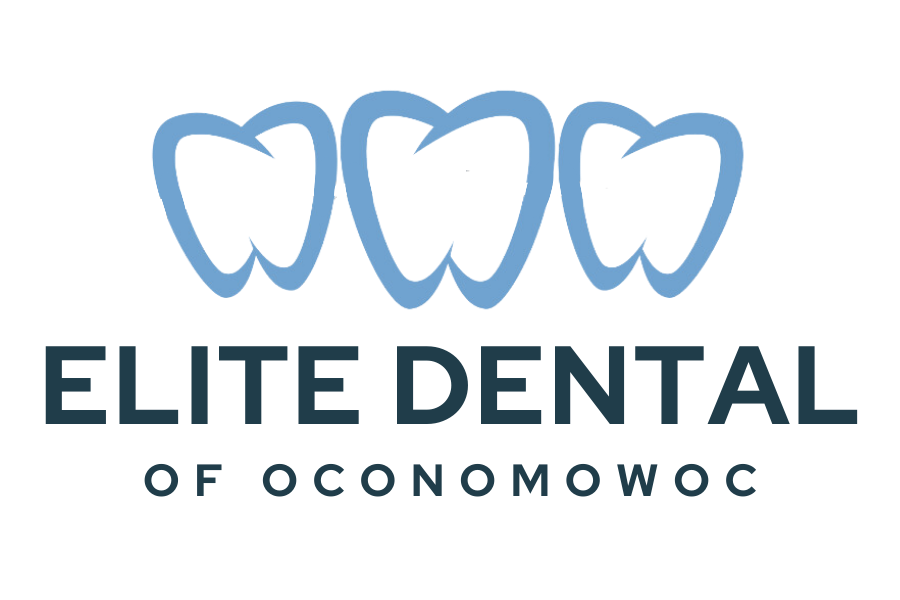Bruxism: Signs And Symptoms

Below is an excerpt from an article found on Colgate.com
What is Bruxism?
If you find yourself waking up with sore jaw muscles or a headache, you may be suffering from bruxism – the grinding and clenching of teeth. Bruxism can cause teeth to become painful or loose, and sometimes parts of the teeth are literally ground away. Eventually, bruxism can destroy the surrounding bone and gum tissue. It can also lead to problems involving the jaw joint, such as temporomandibular joint syndrome (TMJ).
How do I Know if I Have Bruxism?
For many people, bruxism is an unconscious habit. They may not even realize they’re doing it until someone comments that they make a horrible grinding sound while sleeping. For others, a routine dental checkup is when they discover their teeth are worn or their tooth enamel is fractured.
Other potential signs of bruxism include aching in the face, head, and neck. Your dentist can make an accurate diagnosis and determine if the source of facial pain is a result of bruxism.

How is Bruxism Treated?
The appropriate treatment for you will depend on what is causing the problem. By asking careful questions and thoroughly examining your teeth, your dentist can help you determine the potential source of your bruxism. Based on the amount of tooth damage and its likely cause, your dentist may suggest:
- Wearing an appliance while sleeping – custom-made by your dentist to fit your teeth, the appliance slips over the upper teeth and protects them from grinding against the lower teeth. While an appliance is a good way to manage bruxism, it is not a cure.
- Finding ways to relax – Because everyday stress seems to be a major cause of bruxism, anything that reduces stress can help-listening to music, reading a book, taking a walk or a bath. It may help to seek counseling to learn effective ways for handling stressful situations. Also, applying a warm, wet washcloth to the side of your face can help relax muscles sore from clenching.
- Reducing the “high spots” of one or more teeth to even your bite – An abnormal bite, one in which teeth do not fit well together, may also be corrected with new fillings, crowns or orthodontics.
To read the entire article visit Colgate.com.
Drs. Leaman, Setnicar & Piacsek, S.C.
James Leaman DDS, Joseph Setnicar DDS, Stacie Piacsek DDS
820 Summit Avenue
Oconomowoc, WI 53066
262-567-4466
